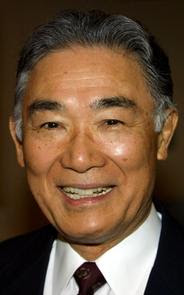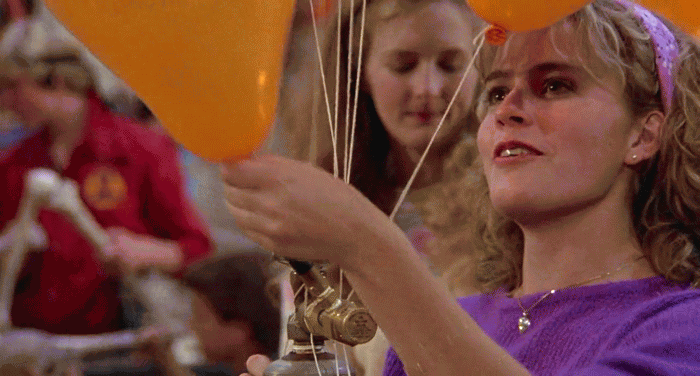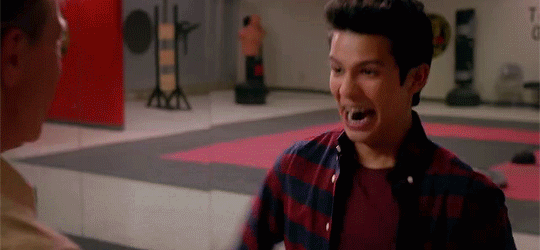

He had a five-year stint as diner owner Arnold on Happy Days, and appeared in The Odd Couple, MASH and Sanford And Son before work dried up.īy 50, he was doing anything he could to make money, taking whatever jobs he could, and writing copy for adverts. It was an unforgiving and often racist industry – “Japs ain’t funny,” one club owner told him – but with his self-deprecating, wise-cracking act he did well, soon being scouted by television producers and getting work in sitcoms. He gave himself five years and aced it, lying his way in, telling bookers he was a stand-up from Sacramento. He loved watching comedians at San Francisco nightclubs, and decided to take a bite. It’s no wonder that by his late 20s Morita was despondent and miserable, doing well at work but longing for something else. But more horror was to come when, in 1956, he witnessed his father dying after being hit by a pick-up truck, his trousers catching in a wheel. He married at 21, fathering the first of three daughters, and got work in computer operations at Aerojet General. Some solace was found in the bootleg sake his grandfather made there – the 12-year-old Morita quickly developed a taste for it. And on top of the general degradation in the camps, the young Morita had spent the previous nine years in hospital with English-speaking people – in the camps, everyone spoke Japanese, which he couldn’t. “They were America’s version of concentration camps,” he later said. Upon release though, in 1941, with the war having kicked in, an FBI agent escorted him directly from the hospital to an internment camp, where his parents, having been slung out of their home, were now imprisoned.īy all accounts, Morita’s years at these places were hellish. At two years old he smashed his lumbar and developed spinal tuberculosis, in and out of comas for years, stuck in a body cast from shoulder to knee until he was 11.

They settled in Sacramento, California, and their boy Noriyuki was born in 1932.

Morita’s parents were from Kumamoto, Japan, itinerant farm workers who arrived in the US in 1912. But threaded in and out of his success was a life littered with turmoil. Having endured a mostly horrendous childhood, he hustled his way into the stand-up circuit in his early 30s, becoming an impressive sitcom star, and then fought his way into The Karate Kid, winning an Oscar nomination for his performance. He’d had a lean few years before that, and a turbulent few decades. The character came late to Morita – he was 50 when Miyagi arrived. “We view Mr Miyagi as a character on our show,” co-creator Josh Heald once said. There are constant references to Miyagi, both verbal and visual, many of them touching tributes, sensitively baked into the story, his mischief and wisdom both intact. Morita died in 2005, but the creators of Cobra Kai have ensured that his presence is keenly felt throughout. It was diminishing returns for the rest but Morita was solid throughout, a wise old man with a broken heart, a selfless, formidable mentor. Morita played Mr Miyagi, the mild-mannered Japanese maintenance man/karate master in four films, beginning with 1984’s charming drama The Karate Kid. Starring the original leads – Ralph Macchio (as cute underdog turned smooth-talking family man Daniel LaRusso), William Zabka (school bully turned middle-aged burnout Johnny Lawrence) and Martin Kove (terrible tyrant turned even more terrible tyrant John Kreese), it’s an exhilarating rejuvenation.
#Mr miyagi death series#
Four seasons in and Cobra Kai, the Netflix sequel series that picks up from The Karate Kid films three decades on, is a sleeper smash. Nobody – least of all Noriyuki ‘Pat’ Morita – would have predicted Mr Miyagi’s afterlife.


 0 kommentar(er)
0 kommentar(er)
